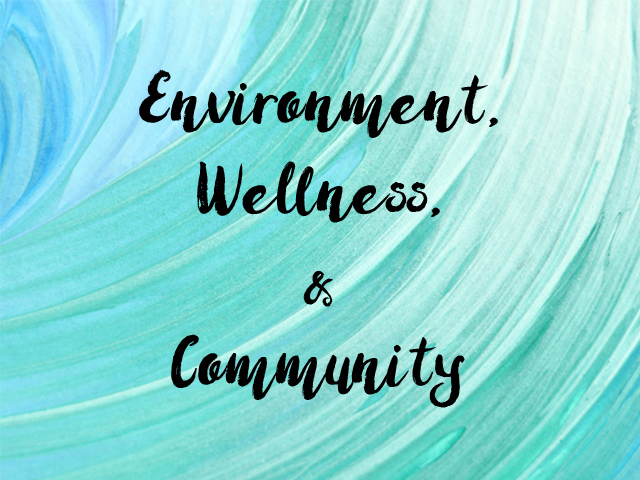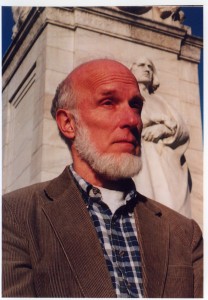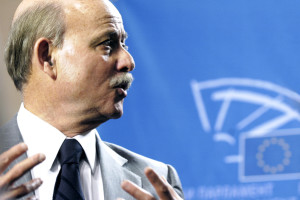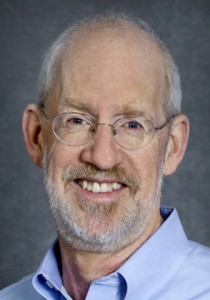Announcing the December 2016 issue of the Journal of Environmental Studies and Sciences.
Below are a few of the articles you will find in this issue:
The lead essay identifies and assesses the science diplomatic role of Arctic research stations. It explores three questions on the science diplomacy role and international legal framework of research stations in an Arctic characterized by transformation driven by climate change, post-Cold War geopolitics and globalization/ power transition. Arctic research stations play the role of diplomatic “intermediaries” bridging science, geopolitics and globalization. At least in the case of the USA, the primary motivation for establishing research stations in the Arctic has shifted from military security purposes (especially surveillance) to stations having broader mandates, related to environmental security, with climate change as a main driver. From an international law perspective, there is a need to have a stronger regulation on the interconnection between science and law clarifying the role of research stations to ensure that research stations are used effectively for peaceful purposes. The role of stations in the Arctic can become a constructive example to address issues of the nexus between climate change, science diplomacy, geopolitics, law and globalization that is shaping the future of the Arctic in the coming years. Stations have, in many cases, and will continue to reinforce international cooperation and collaboration through international research initiatives and programs. Results of the 2016 US election and the actual current geo-political environment underscore their relevance and the importance of continue to explore the three questions and other issues around the role of science diplomacy.
This article explores campus fossil fuel divestment as a movement that politically engages resistance to the actions, forces, and structures that are producing climate change. Through re-politicizing sustainability, the divestment movement creates new challenges to traditional power structures and offers new modes and frameworks for environmental action. The case study in this paper explores the Fossil Free American University campaign and deploys an auto-ethnographic approach to understand specific elements including the place of climate justice, radical perspectives, and inside-outside strategies informed the campaign. We argue that the campus fossil fuel divestment movement holds potential to change the university’s expressed values from complicity with fossil fuel economies toward an emergent paradigm of climate justice. As a form of ecological resistance, the campus divestment movement approaches the political economy of fossil fuel exploitation as the foundation for shifting the paradigm of climate change discourse and action.
Linquiti and Cogswell compute the Carbon Ask – the reduction in wealth that will be experienced by the global fossil fuel enterprise as the result of policies to limit global warming – at $185 trillion. The fossil fuel enterprise is not just big multinational oil and gas companies, but also includes the governments, investors, firms, and workers who explore for, produce, transport, distribute, and sell oil, natural gas, and coal. Common sense suggests that when the holders of $185 trillion in wealth are asked to surrender it for the greater good of the planet, they will have powerful incentives to resist a strong climate policy. To the extent they also hold political power, they may be able to impede progress. Accordingly, they speculate that if climate advocates continue to push tough carbon policies, then the political fights in America’s coal country are probably a harbinger of things to come in all fossil fuel industries. Transitional assistance to workers, communities, and possibly even firms, could not only improve the welfare of those entities on the receiving end of the Carbon Ask, it might also temper political opposition to climate policy.





 Professor, sociologist, and best-selling author of the award-winning book Lies My Teacher Told Me: Everything Your High School History Textbook Got Wrong,
Professor, sociologist, and best-selling author of the award-winning book Lies My Teacher Told Me: Everything Your High School History Textbook Got Wrong, 

 Visionary economist Jeremy Rifkin will keynote the 8th annual Conference for the Association for Environmental Studies and Sciences
Visionary economist Jeremy Rifkin will keynote the 8th annual Conference for the Association for Environmental Studies and Sciences

